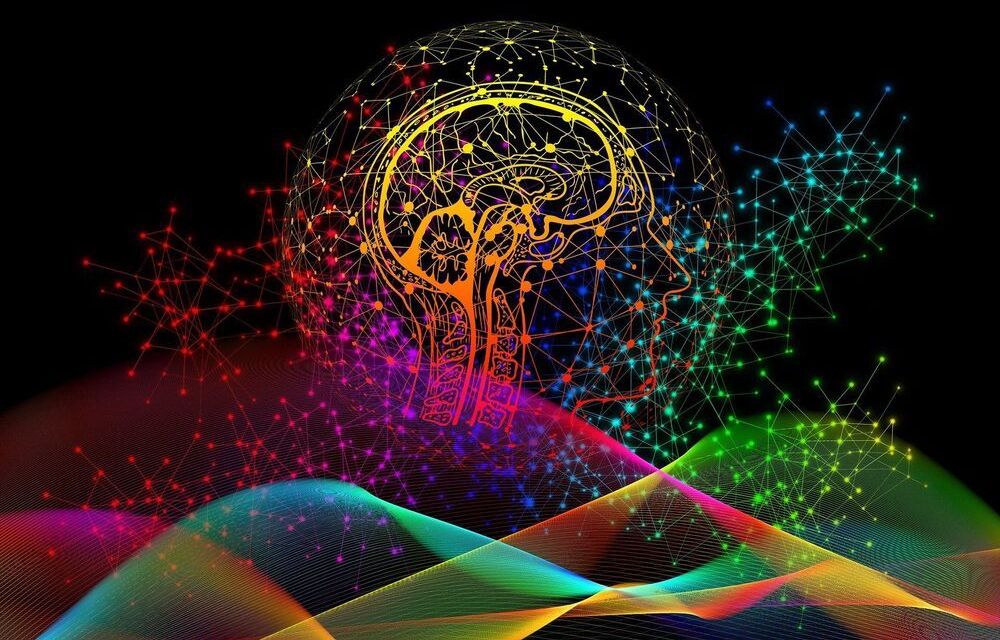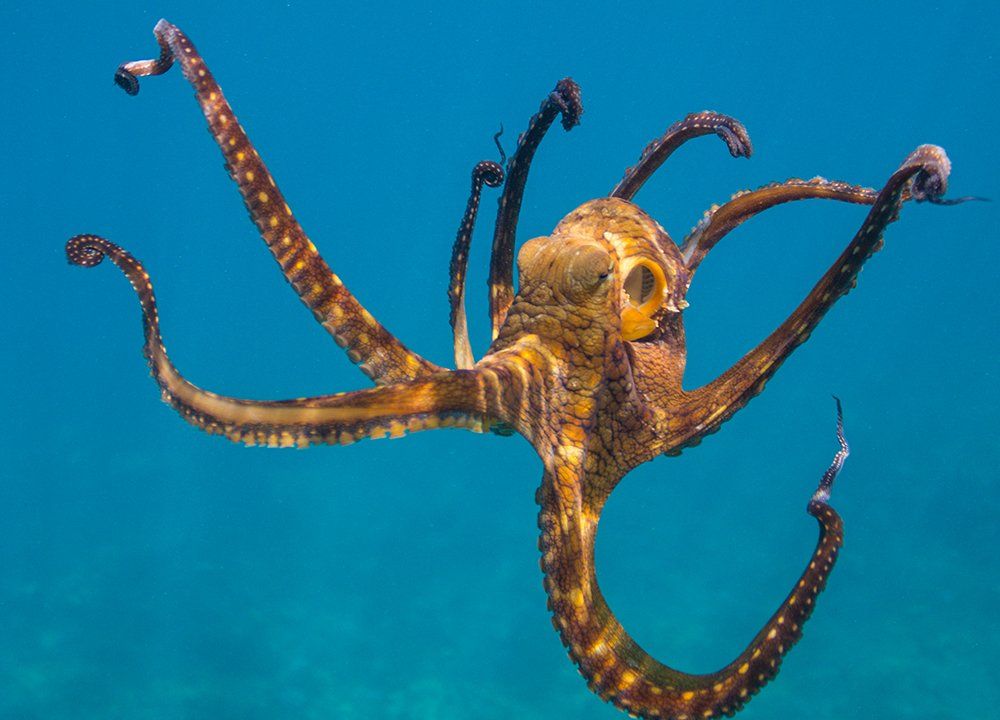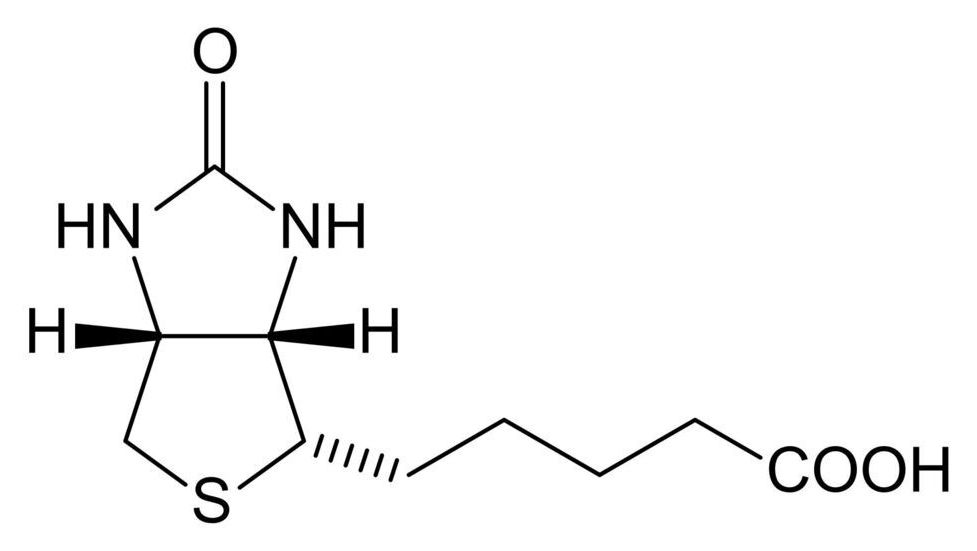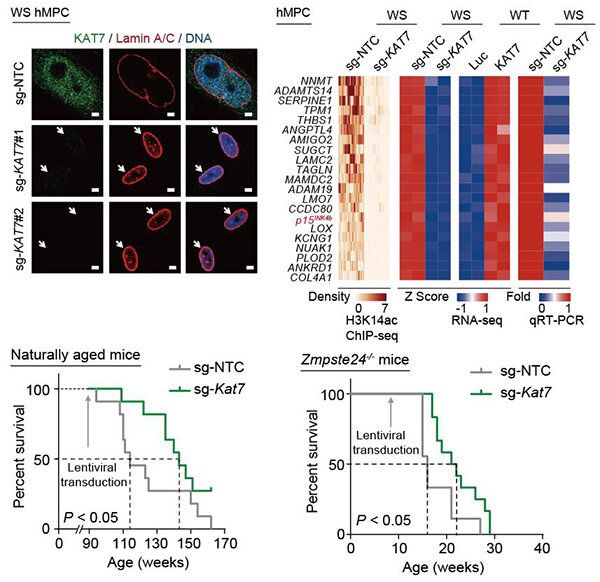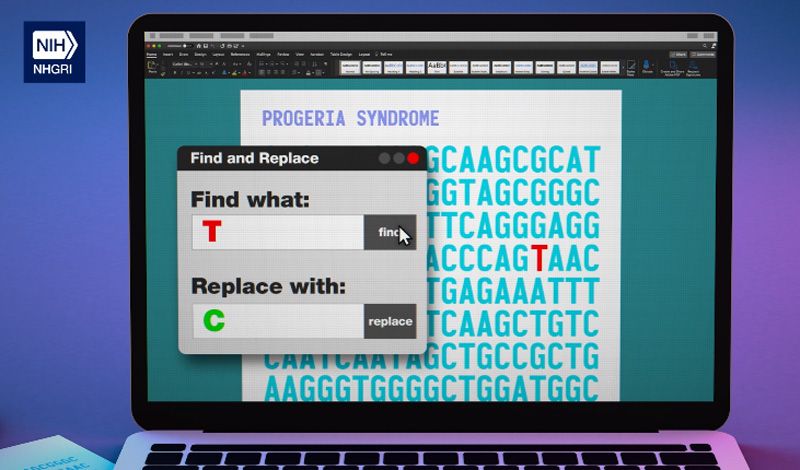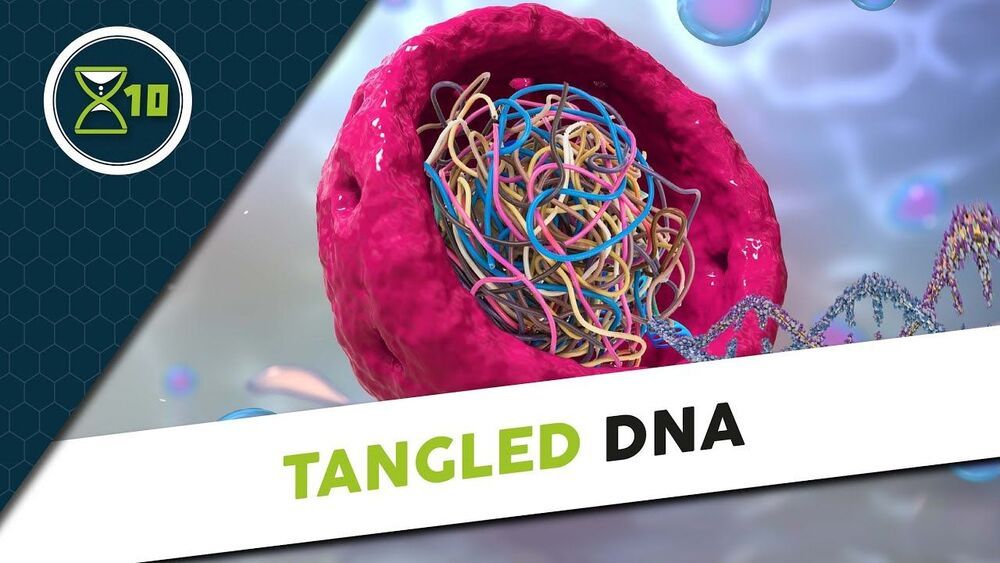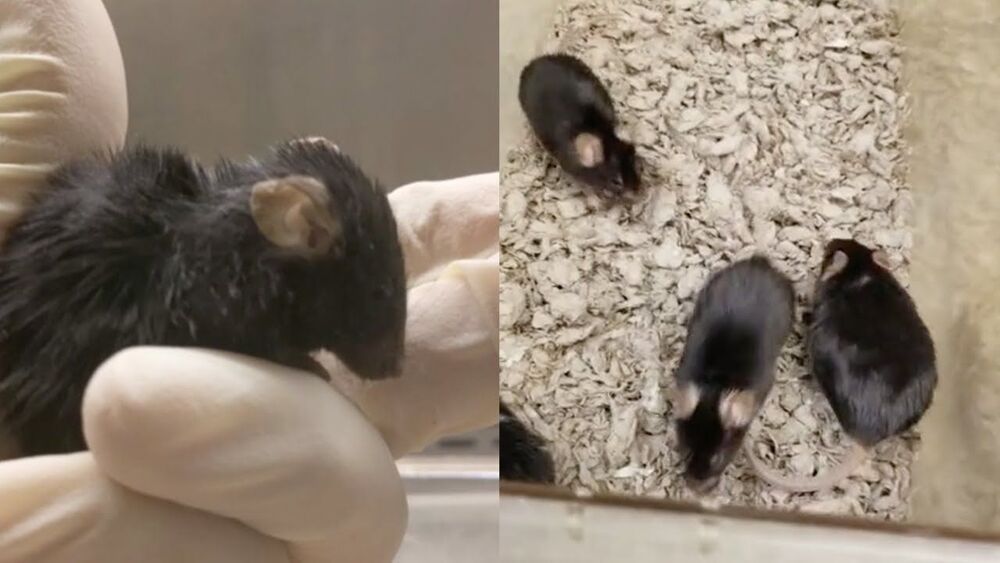
The extent to which nonhuman primate vocalizations are amenable to modification through experience is relevant for understanding the substrate from which human speech evolved. We examined the vocal behaviour of Guinea baboons, Papio papio, ranging in the Niokolo Koba National Park in Senegal. Guinea baboons live in a multi-level society, with units nested within parties nested within gangs. We investigated whether the acoustic structure of grunts of 27 male baboons of two gangs varied with party/gang membership and genetic relatedness. Males in this species are philopatric, resulting in increased male relatedness within gangs and parties. Grunts of males that were members of the same social levels were more similar than those of males in different social levels (N = 351 dyads for comparison within and between gangs, and N = 169 dyads within and between parties), but the effect sizes were small. Yet, acoustic similarity did not correlate with genetic relatedness, suggesting that higher amounts of social interactions rather than genetic relatedness promote the observed vocal convergence. We consider this convergence a result of sensory–motor integration and suggest this to be an implicit form of vocal learning shared with humans, in contrast to the goal-directed and intentional explicit form of vocal learning unique to human speech acquisition.
One of the key preconditions for the development of speech is the ability to adjust vocal output in response to auditory input. Humans are exceptionally proficient at vocal learning. Although effortless speech learning is confined to the early years [1], humans still possess the ability to imitate sounds voluntarily and acquire further languages throughout their lives. Numerous comparative studies have aimed at elucidating the evolutionary origins of vocal learning within the primate lineage, to uncover the extent to which nonhuman primates reveal evidence for vocal plasticity, and whether such plasticity may be conceived as a pre-adaptation for the evolution of speech [2, 3].
Despite considerable research effort, it appears that the ability to learn sounds from auditory experience in most nonhuman primate species is limited. Unlike humans or some songbird species, nonhuman primates are not obligatory vocal learners that require species-specific auditory input to develop their normal vocal repertoires [4, 5]. Early attempts to train a young chimpanzee to produce speech sounds yielded disappointing results and prompted most of the ‘ape language’ projects to turn to another modality, using either symbol systems or sign languages [6]. Studies of the neural basis of vocal production in different monkey species found that the animals lack the neural connections necessary for the volitional control over the fine structure of vocalizations, although they exert greater control over the usage of calls (reviewed in [2]).

